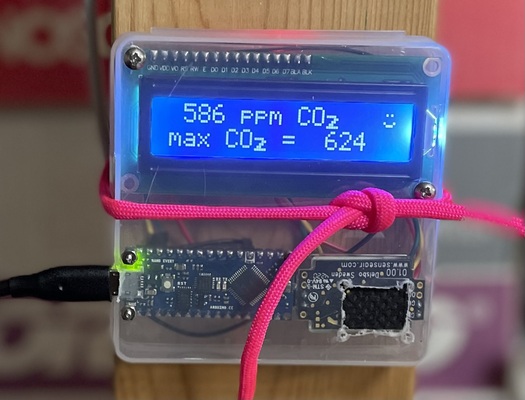A new academic year has begun, and this year it seems that we’re on our own, when it comes to protecting ourselves against COVID-19. In the latest guidance from the CDC and UW-Madison, we’re told that “individual responsibility” is sufficient to combat infectious disease.
From the UW-Madison FAQ about COVID:
Is it okay to ask someone I work with if they have been vaccinated? No. A person’s vaccination status is private, just like any other medical issue or condition, and employees should not be asked to share this information.
From the UW-Madison Mask Policy:
I’m not comfortable being around unmasked people. What can I do? At this stage in the pandemic, our country is transitioning from public health orders and mandates to encouragement in using personal health tools.
I was part of a group of other workers and community members that wrote an open letter to the new UW-Madison Chancellor (which you can still sign), expressing concern about the continued COVID-19 health risks and asking for a more robust response, including indoor air quality assessments, specific and public mitigation guidelines tied to public health metrics, mask requirements, improved testing, information on vaccination rates and COVID testing results, and paid COVID sick leave.
The Chancellor’s response was disappointing, as we discussed in detail in a column in Tone Madison.
It’s clear that the university administration is not going to do any more to help protect student and employee health. So what can we do?
First, we’ve printed a bunch of posters to encourage good behaviors and foster a communal feeling. Designed by a local artist, Meghan Griffin, and funded by the Wisconsin University Union (WUU), I hope to plaster campus with these.
Second, we’ve designed and created a low-cost CO2 monitor, and we’re making a batch of 18 of them to lend to people, so they can measure the air quality/ventilation in their working and teaching spaces.
With the results of that work, we should have data that we can bring to campus, to get improvements in air ventilation, or at least more professional assessments of air quality. Further, we will turn to construction of air filters, such as Corsi-Rosenthal Boxes, which people can use to try to improve the air quality in their working and teaching spaces, on their own.
The response from UW-Madison and the CDC has been frustrating. The “individual responsibility” approach to infectious disease is in complete opposition to everything I understand about public health. But there are some things we can try to do on our own, and so there is still some hope.

